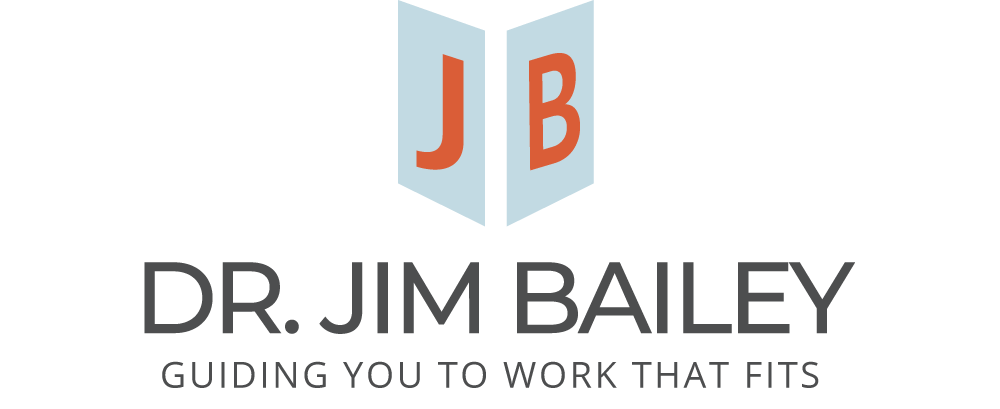Why I Prefer Epitaphs to Resolutions
This time of year, there’s a lot of fuss about New Year’s Resolutions we make regarding better health, more financial stability, better relationships, and the like. The media reminds us that most resolutions only last until the second Friday of January (giving most mere days until they fail) and that you're more likely to keep resolutions by making them reasonable, small, doable, or altering your mindset so you can win this time. Then again, sometimes we’re told it’s better for our mental health to simply not make resolutions. Nothing ventured, nothing to lose.
Resolutions are not good or bad things in and of themselves. It’s good to have dreams, goals and aspirations that inspire, persuade, or goad us on toward a better state of being. Zig Ziglar was right when he said, “if you aim at nothing, you will hit it every time” - human beings need higher aspirations, even ones driven by needs. Aspirations and resolutions become problematic when they become win/lose or achieve/fail situations with a short-term focus, that aren't supported by overarching principles that guide our lives.
What do I mean? Well, it’s a fair guess that many people have made resolutions that they will lose a certain amount of weight by a certain date or the end of the year. This kind of resolution fosters a daily win or lose scenario where we monitor our food consumption and our exercise with a constant pressure to eat less (or differently) and exercise more built into each day. At the end of (and maybe throughout) each day we then evaluate whether we’ve met the specific components (i.e., reducing calories, avoiding carbs, running more, etc.) of our resolution. With each evaluation either we win or we lose, and our sense of self gets elevated or smacked down accordingly.
But what if your goal was an aspiration that you will “become healthier” this year? While becoming healthier is a still a worthwhile goal, it’s a more vague than losing a specific number of pounds or clothing sizes. It’s also not something that’s necessarily confined by days, weeks or months, how much you eat or even what you eat, or the type and amount of physical activity you’re doing, although it’s understood that each of these is an essential part of becoming healthier.
The key difference between the two approaches is in the emphasis they place on short-term goals versus long-term aspirations. When we focus on short-term goals, we invariably drift into measuring our daily performance on a simplistic scale. Our daily self-evaluations take on an urgency that can lead us into an emotional roller coaster, as we are faced with the prospect of being either “good” or “bad”, a “winner” or a “loser”.
On the other hand, if your long-term aspiration is the more general “get healthier”, then you might look for more general markers of your progress, such as, “what ‘healthy foods’ did I add to my diet”, “what forms of physical activity did I introduce in my day or week”, “what strategies did I use to get restful sleep”, or “how did I add time spent in reflection, meditation, or prayer”? Each of these are important components of the larger goal of becoming healthier but none are an end in themselves.
Each day each of us is pressured to focus on short-term measures of our value and worth and runs the risk of obsessing on urgent things at the expense of the important things that make up a life. If you’d like to stay focused on important things in 2025 and beyond then it helps to mentally project yourself to the end of the year or the decade or your life, take a look backward and ask things like:
How did I positively impact the lives of the people with whom I’m closest or for whom I care the most?
Where did I accomplish things through my work that might have lasting meaning?
Where did I help bring about meaningful changes in the world around me?
How did I deepen and add meaning to my spiritual life?
How did I become more physically and emotionally fit and unencumbered by health problems I can control so I could do the things listed above?
How did I serve higher or larger goals than my own comfort, security, and happiness?
Each of these things contains a sense of larger purpose and meaning that isn’t bound by a short-term perspective. They prioritize importance over urgency, character over persona, community over self-interest, flexibility over rigidity, and focus our energy on making positive changes rather than trying to eliminate negative aspects of our lives.
In the end, our lives (and perhaps our headstones) will be marked by these things, rather than how successful we were at losing ten pounds.
*This article was inspired by The Infinite Game by Simon Sinek, a book about business, that has implications for daily living. Our lives are "infinite games" with long-term consequences to our short-term decisions and actions.

